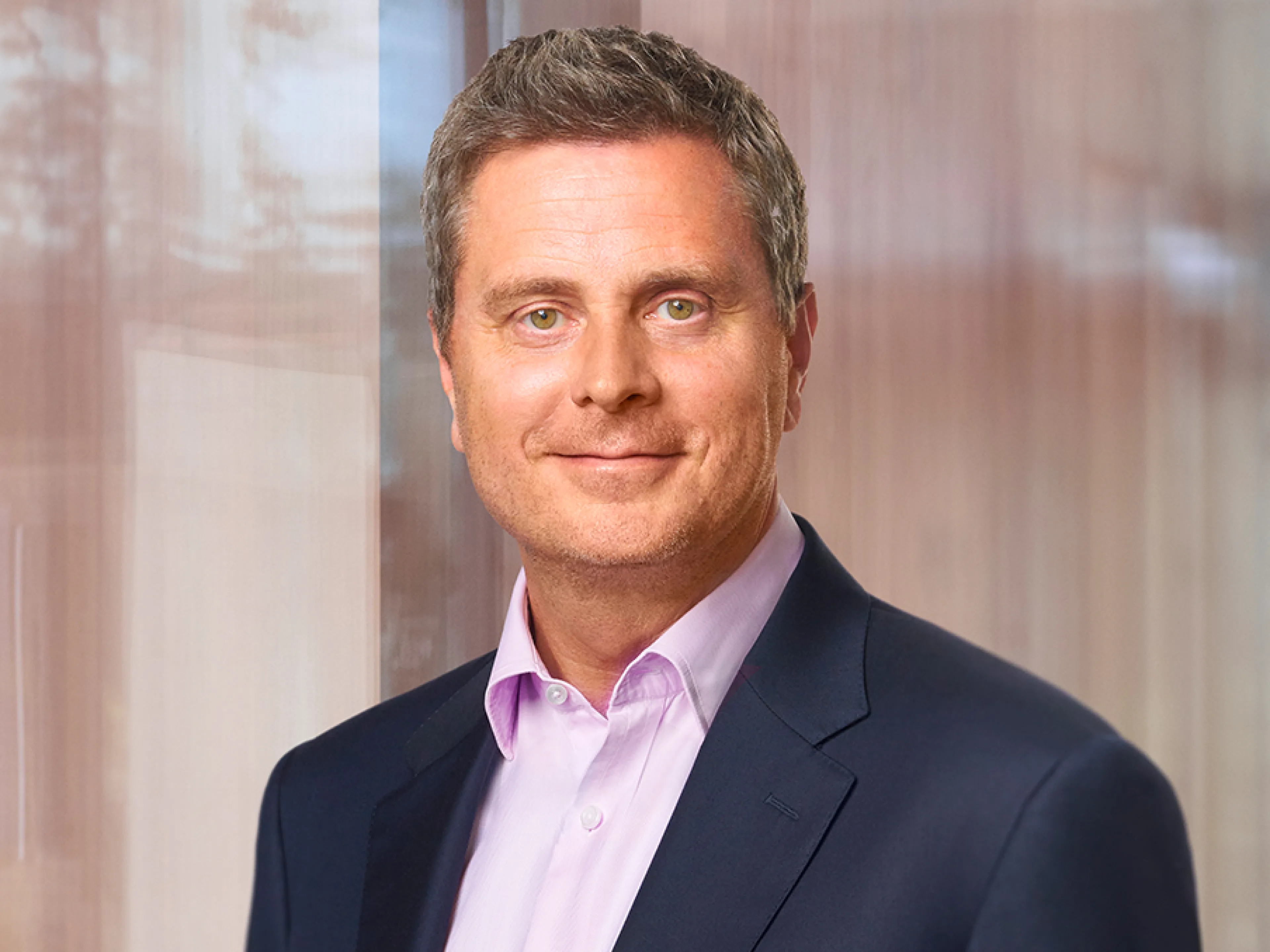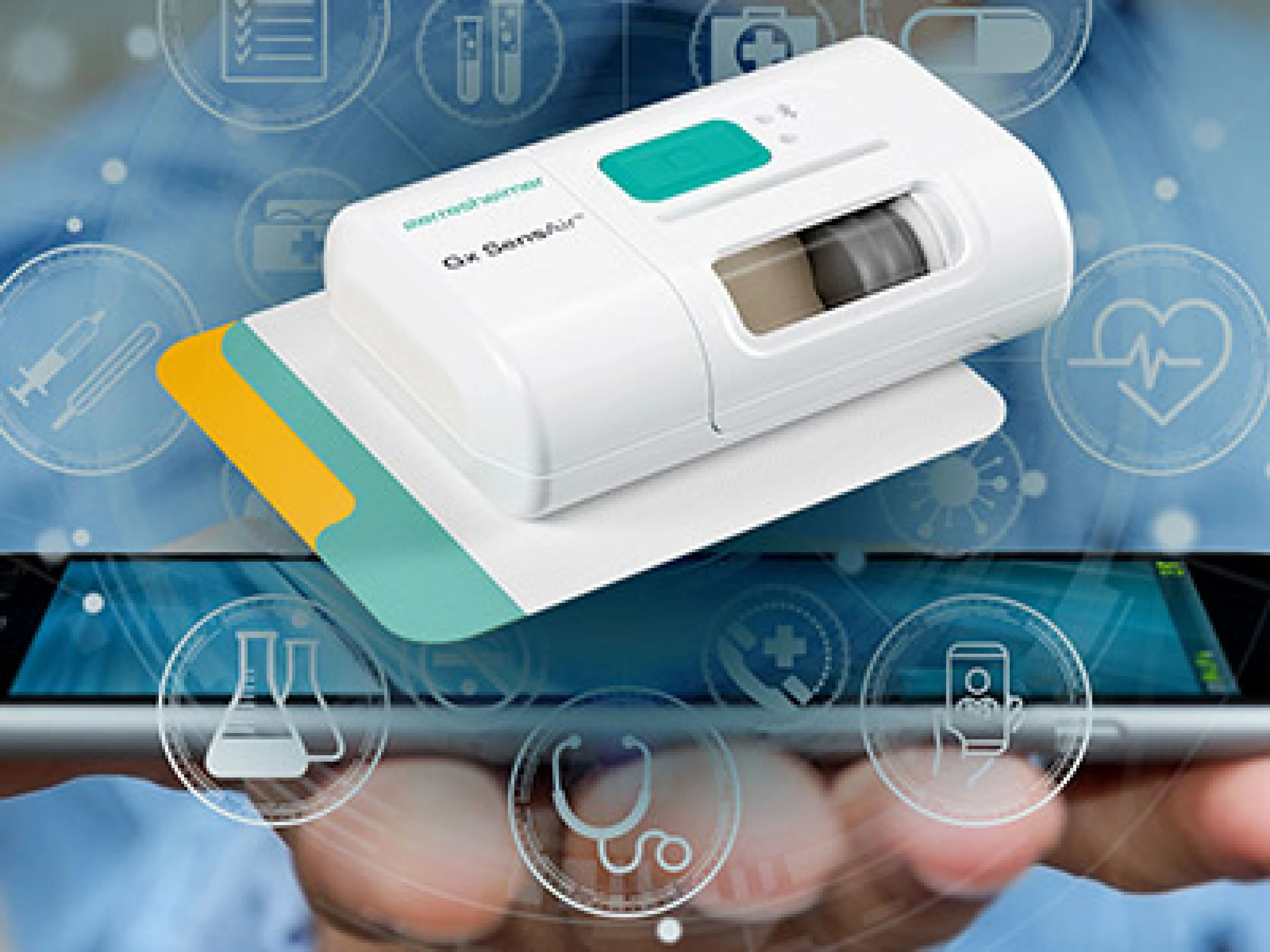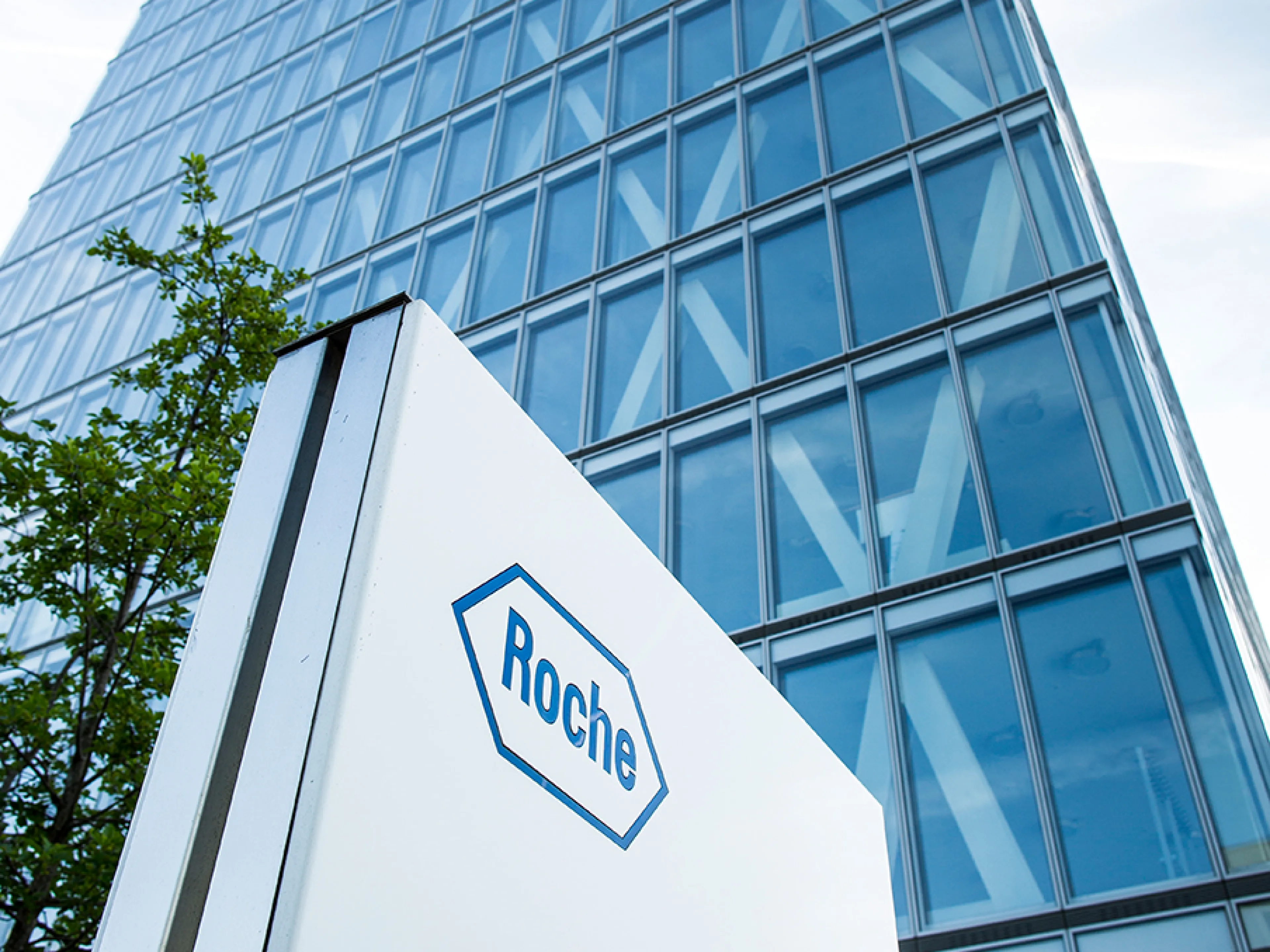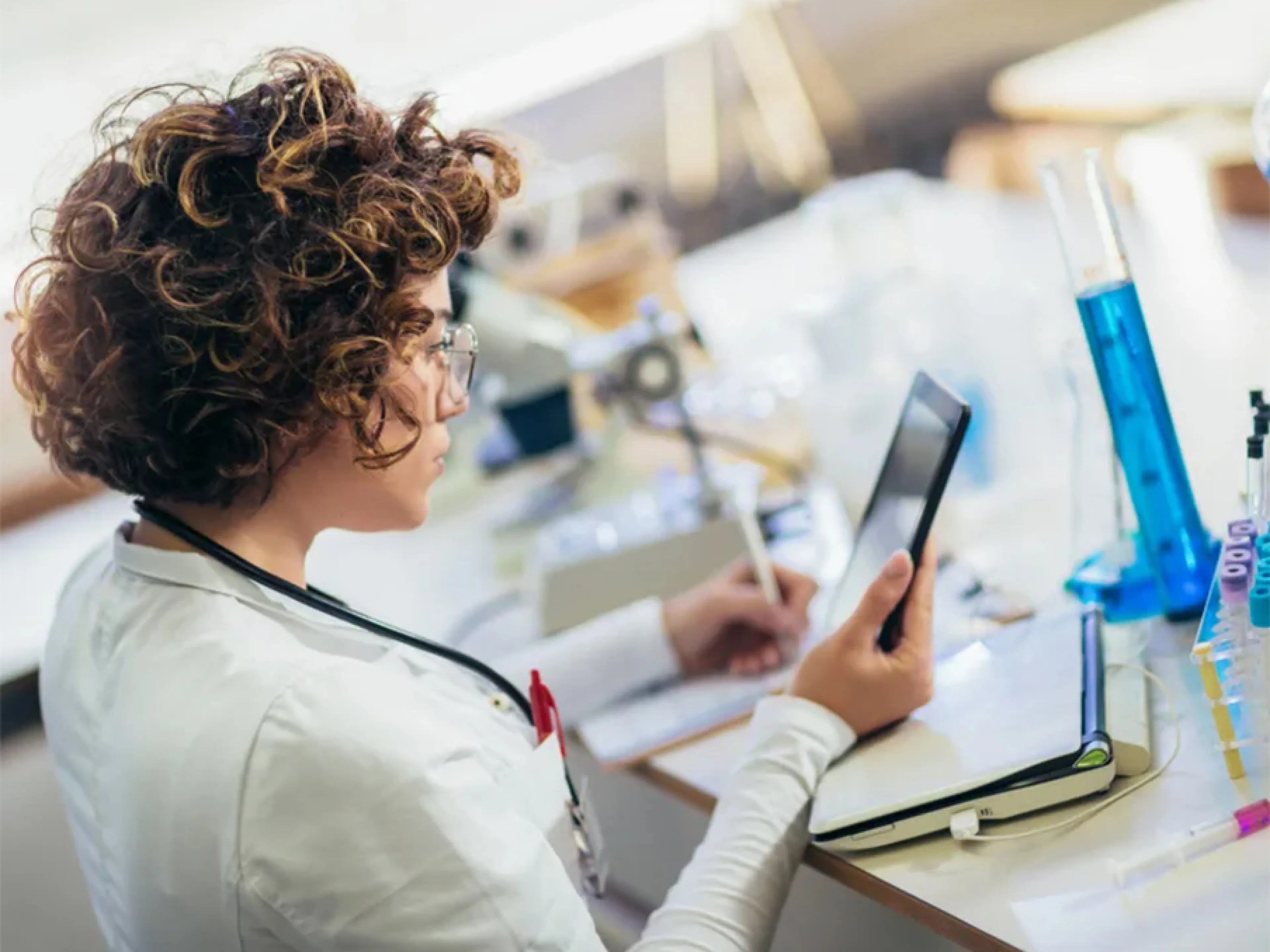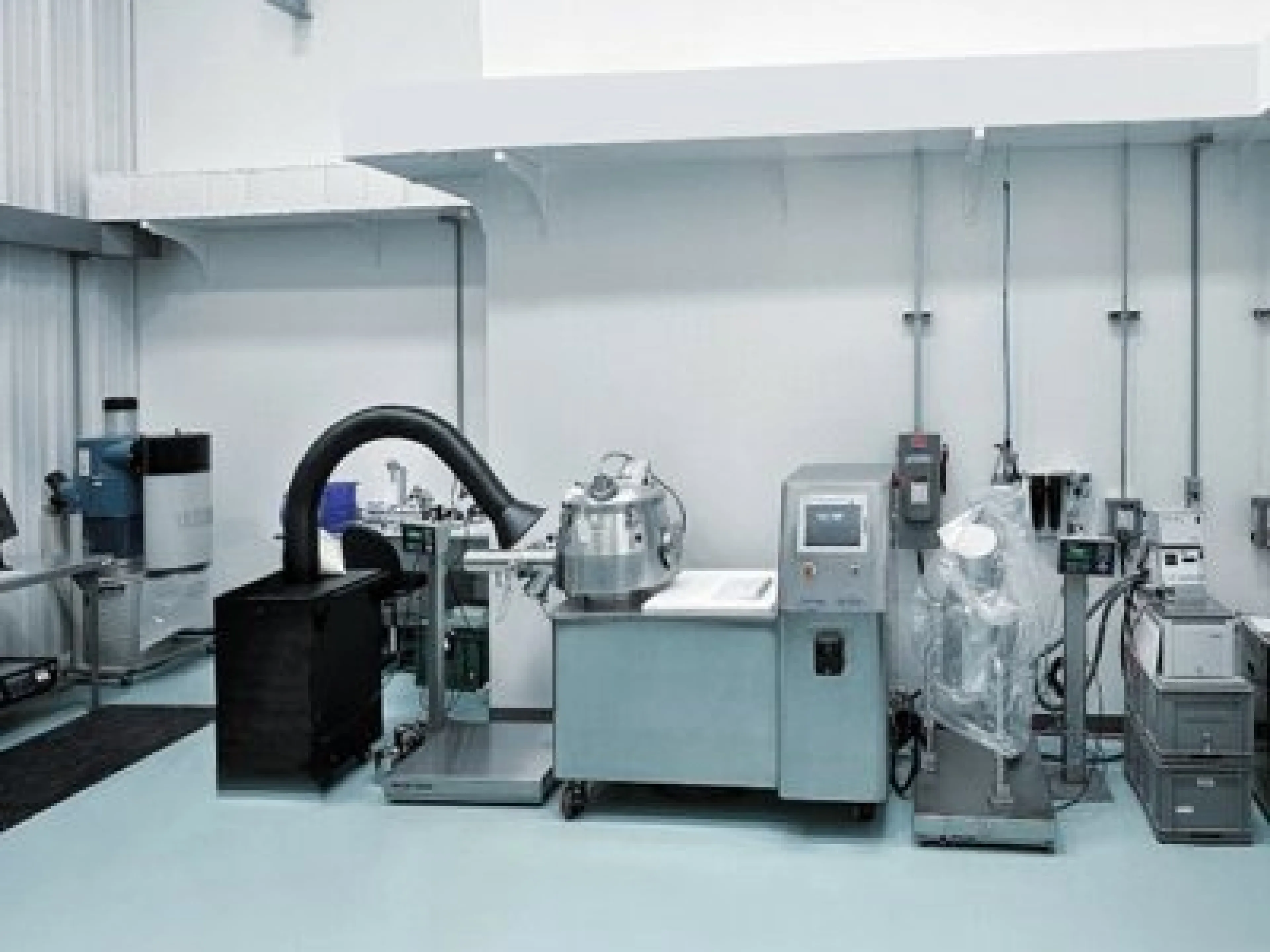
The Bayer Group increased its sales by just under one percent to €11.1 billion in the second quarter, while the underlying operating result before special items (EBITDA) declined by 16.5 percent to €2.1 billion. The operating result (EBIT) improved to €525 million after a minus of €956 million in the previous year. The consolidated result amounted to minus €34 million after minus €1.9 billion in the same period of the previous year.
All Bayer divisions performed competitively in their respective industries, and the Group outlook for 2024 was confirmed. When presenting the half-year financial report, Bill Anderson explains that sales growth in the pharmaceuticals business had continued with the new products for the treatment of prostate cancer and chronic kidney disease. The Consumer Health business had returned to growth. In parallel with the operational development, the company has also made strategic progress.
Anderson emphasized the innovative strength of the Pharmaceuticals Division: “In just the past 90 days, we’ve taken big steps toward filling the mid-stage pipeline, expanding labels and advancing late-stage assets.” Bayer recently published positive Phase III trial results that could lead to broader applications for a cancer drug and an active ingredient for the treatment of chronic kidney disease associated with type 2 diabetes. The company is also planning to launch two drugs next year: a non-hormonal drug for women suffering from vasomotor symptoms associated with menopause and a cardiology drug for which Bayer has exclusive marketing rights in Europe. “Our Pharma pipeline is one of our biggest levers for value creation,” he adds.
Pharmaceuticals grows thanks to new products
Sales of prescription drugs (Pharmaceuticals) rose by 1.1 percent to €4.6 billion. Adjusted for special items, EBITDA in Pharmaceuticals fell by 4.1 percent to €1.3 billion. The increase in sales was offset by an unfavorable product mix and high negative currency effects of €150 million. On the other hand, lower distribution costs for more mature products had a positive effect. In addition, higher investments in early-stage research and in cell, gene therapy and chemoproteomics technologies were offset by significantly lower expenses for projects in late-stage clinical development.
Consumer Health back on course for growth
In the over-the-counter healthcare products business (Consumer Health), sales fell by half a percent to €1.5 billion. Adjusted for special items, EBITDA in Consumer Health fell by 6.3 percent to €314 million, mainly due to increased costs and higher investments in strong branded products. In addition, the prior-year quarter benefited from income from the sale of smaller, non-strategic brands. These effects were partially offset by ongoing cost and price management. Currency effects amounting to €17 million had a negative impact.
Bayer confirms Group forecast for 2024
The pharmaceutical company confirmed the Group forecast for 2024: “We remain on track to deliver,” Anderson says. The company now expects a better sales development for the Pharmaceuticals division of zero to plus three percent adjusted for currency and portfolio effects. Previously, the expectation was minus four to zero percent.
Sustainability: major progress in renewable energies
In the area of sustainability, Bayer has underpinned its commitment to Net Zero with the publication of the "Climate Transition and Transformation Plan". With this, the pharmaceutical company aims to reduce its greenhouse gas emissions by at least 90 percent by 2050 and achieve positive effects in the business units beyond the boundaries of the company. The transition to a net-zero carbon footprint is to be achieved by switching to renewable energies, among other things. Two electricity supply contracts for renewable energy concluded in the second quarter are important steps on the company's path to climate neutrality by 2030: together, the contracts secure 300 gigawatt hours of electricity from 100 percent renewable energy sources. This corresponds to the annual electricity requirements of around 75,000 households.
